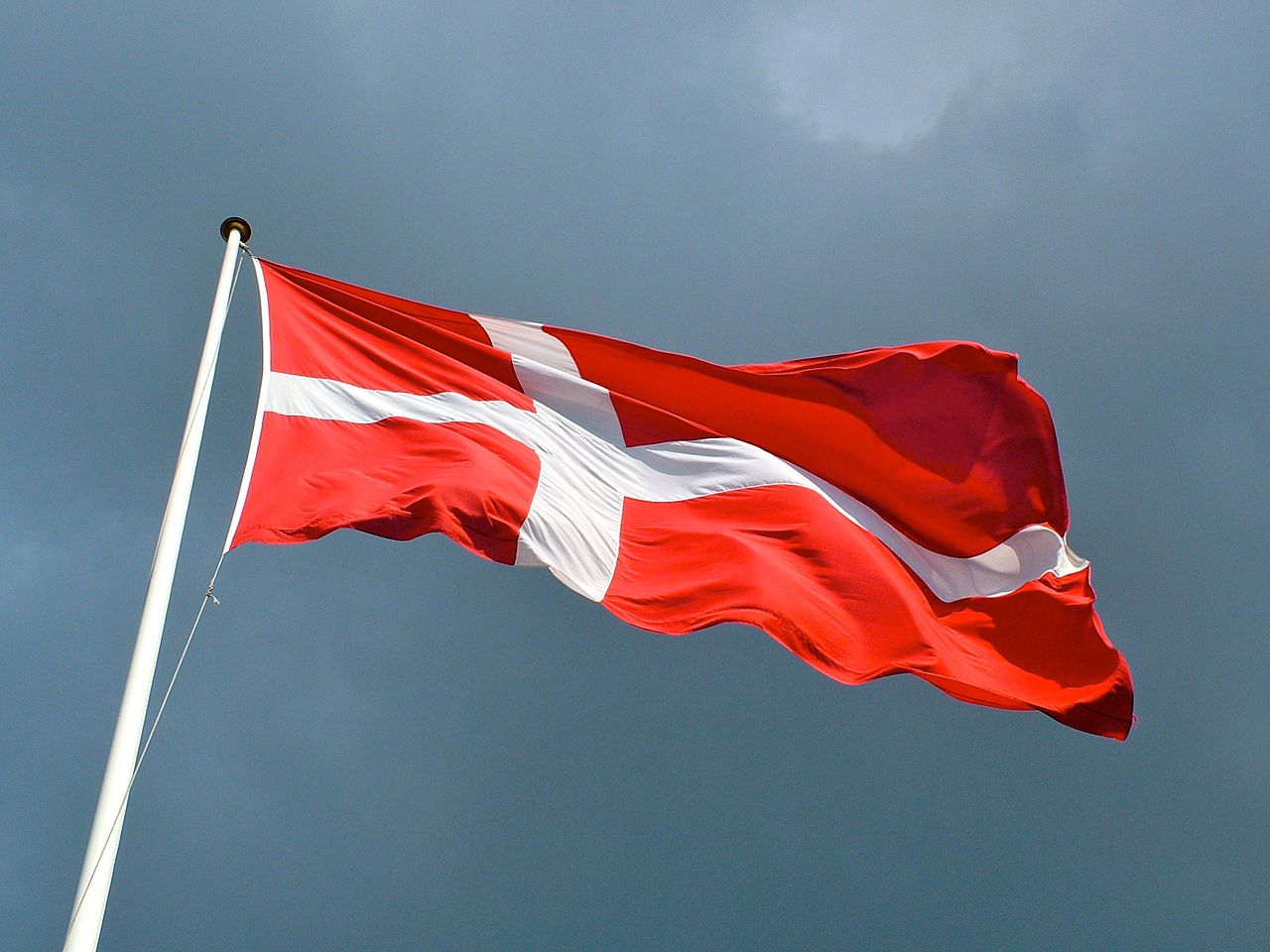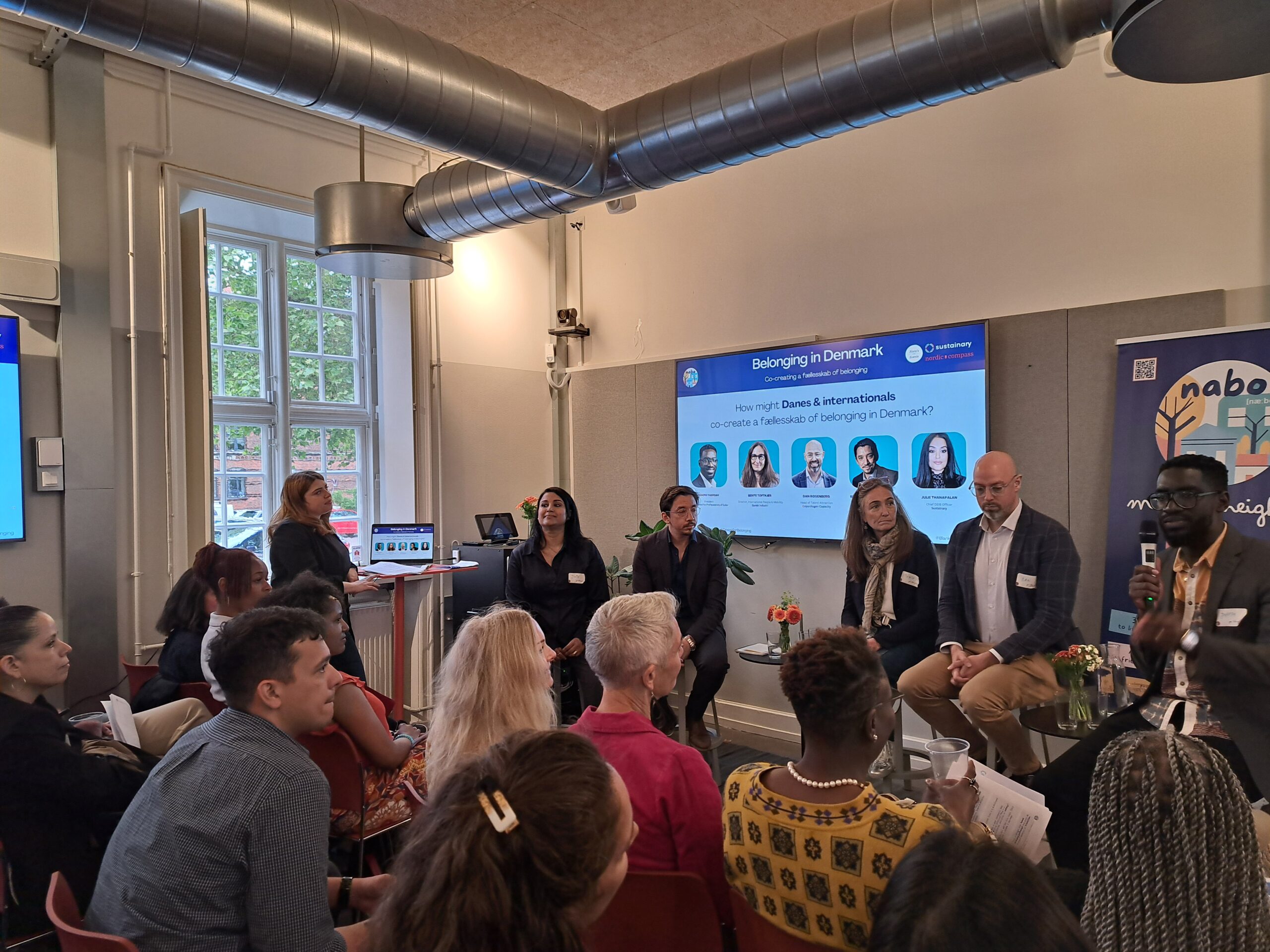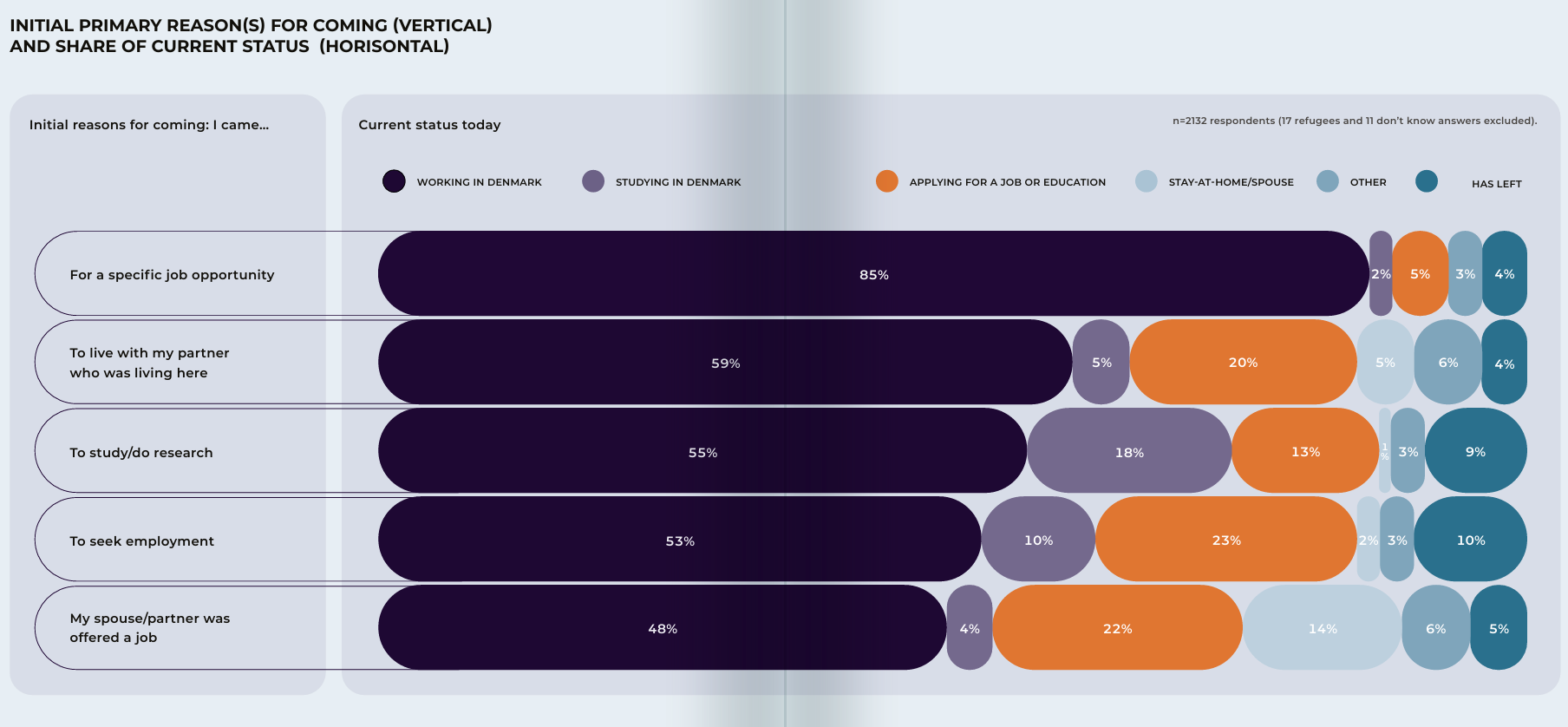A new theory has emerged to explain why a number of Danish kings and royals in the past mysteriously suffered early deaths.
The Danish coroner Jørgen Lange made an interesting discovery while carrying out some research, which ended up inspiring his book ‘Hvad døde de kongelige af?’ (Why did the kings die?’).
Lange has uncovered a connection between a number of Danish kings’ deaths and their relation to their predecessor Svend Tveskæg (Sweyn Forkbeard), who ruled Denmark, England and parts of Norway before dying in 1014 aged 54.
A number of Danish kings after Svend Tveskæg also ended up dying at an early age and there exists no historical descriptions that can explain their premature demise. Until now.
READ MORE: Research: First Danish kings were pirates
Brugada Syndrome
Lange’s theory is that the Danish king lineage suffered from the hereditary illness Brugada Syndrome, a genetic disease characterised as a disturbance in the conduction system of the heart that carries an increased risk of sudden cardiac death.
“It is interesting that all those who died suddenly and expectantly are descendants of Svend Tverskæg,” Lange told Videnskab.dk.
“I think that Svend Tverskæg had the Brugada Syndrome, a serious hereditary condition of the heart. The only other explanation I can find is that they were all poisoned. But they often die in the presence of witnesses so it doesn’t seem plausible.”
READ MORE: Archaeological breakthrough can unravel the mystery of Viking trips to Greenland
My kingdom for some DNA
Lange’s theory could explain why Tveskæg’s two sons, Harald II and Cnut the Great, both died early aged just 29 and 39. Cnut the Great’s son King Harthacnut I also died young, aged about 24. In fact, within just ten generations of Tverskæg, 13 Danish royals died suddenly before the age of 50.
As interesting as Lange’s theory is, it cannot be confirmed unless he gains access to the remains of the royals.
“If one gained access to their bones – Cnut the Great’s bones are preserved in England – geneticists could take samples and confirm if the theory is correct,” said Lange.












